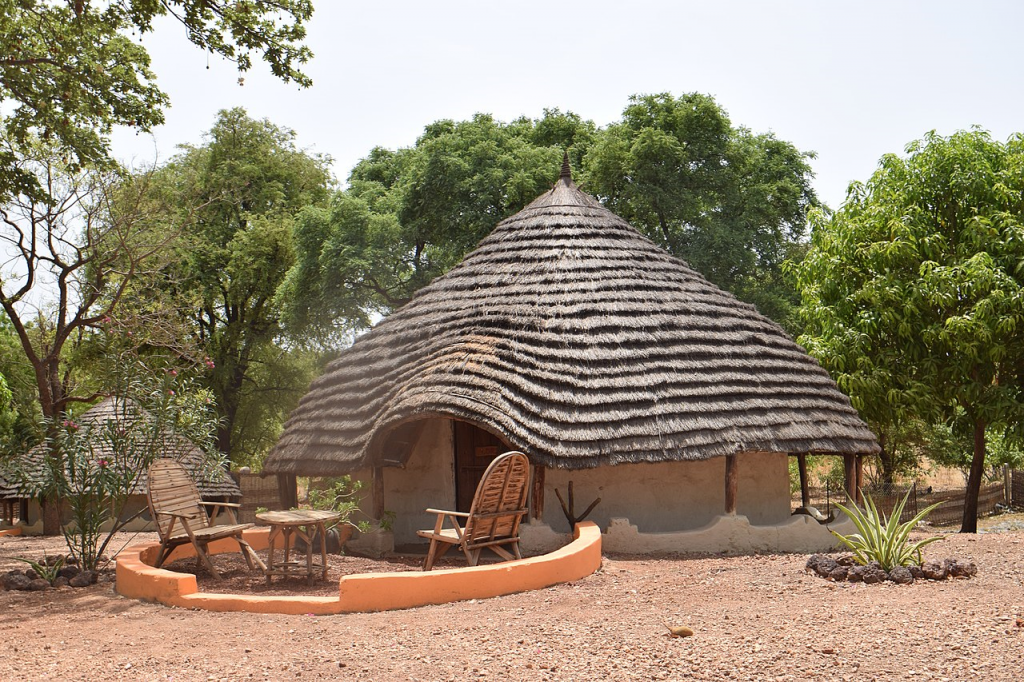Bassari villages are facing increased temperatures, dry spells and the shortening of the rainy season
Anna Porcuna-Ferrer, Laura Calvet-Mir, Victoria Reyes-Garcia

The Bassari people, a farming community of about 20,000 people, live in an area between Senegal and Guinea. During French colonial rule, the Bassari lost part of their communal land to a national park and were subjected to poll taxes and forced labour. Senegal achieved independence in 1960 and in 2012 the Bassari area was declared a world heritage site, a change that bolstered small-scale tourism.
Today, the Bassari peoples’ main livelihood comes from rainfed smallholder farming, supplemented by activities such as petty trade, crafts, wage labour, artisanal gold mining, and gathering honey and wild edible plants.
They have limited access to public health and education, and they obtain water from wells. Electricity is limited to the few with solar panels. However, the Bassari population is growing, integrating into the mainstream market economy and adopting new crops and technologies.

The Bassari live in an area affected by climate change. As part of the Local Indicators of Climate Change Impacts research project, we wanted to understand how the community viewed climate change and its impacts.
Read More »